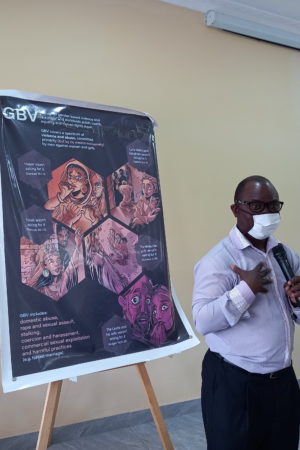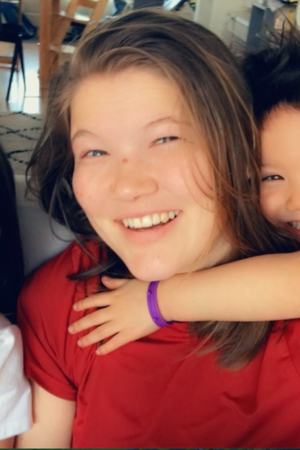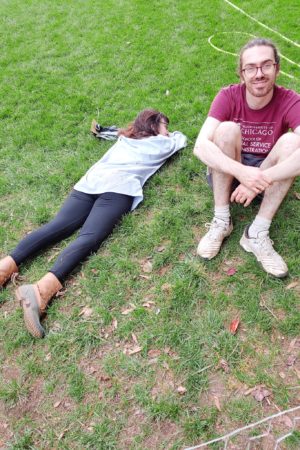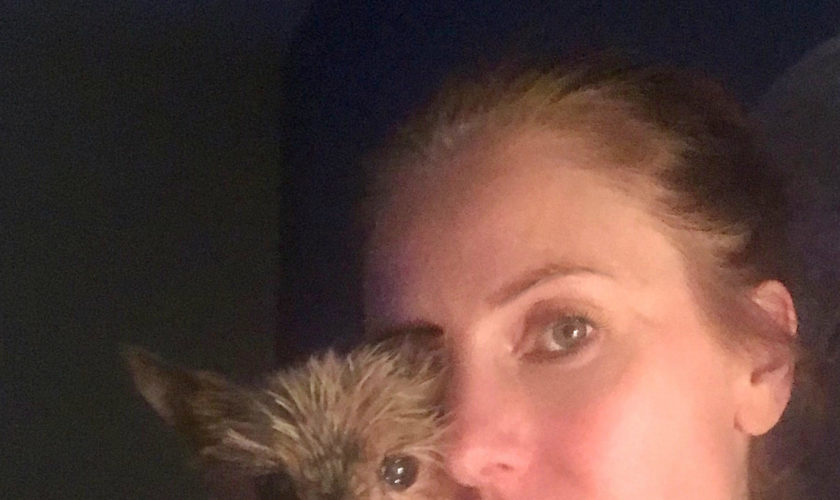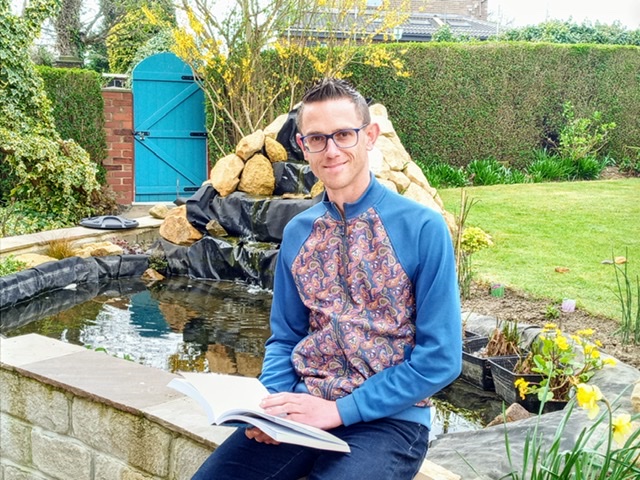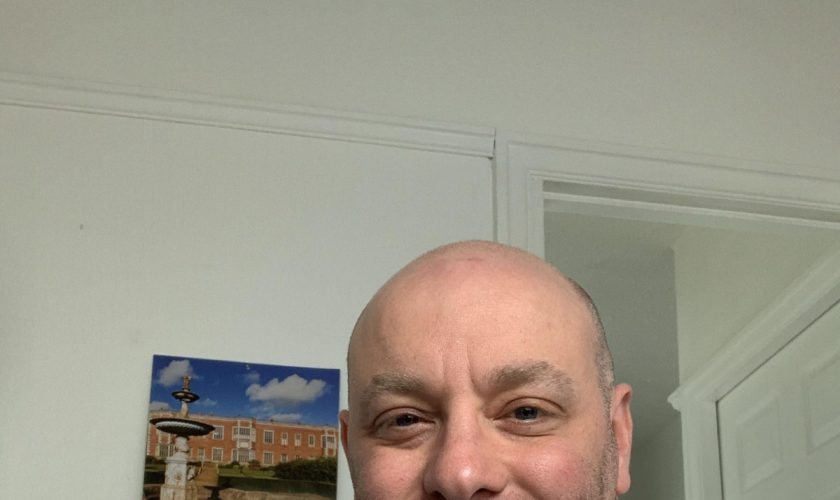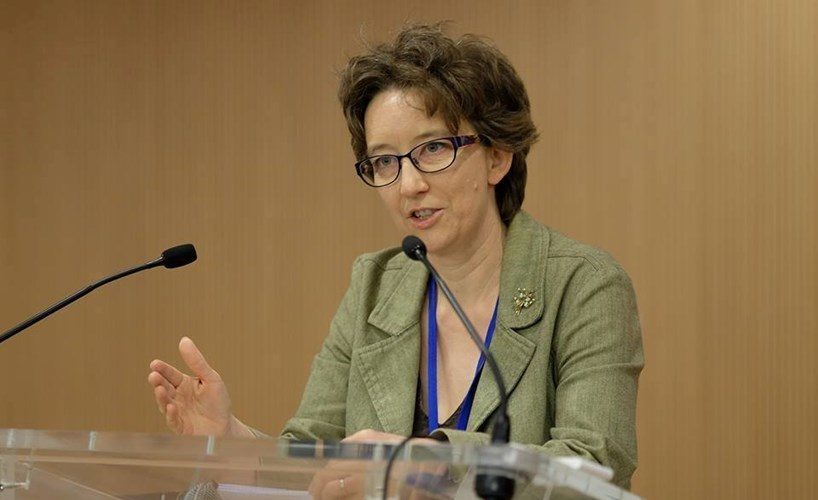Like everyone else, the COVID-19 pandemic terrifies me. I’m increasingly aware of my privilege and I veer between feeling extremely grateful and very guilty for all that I sometimes take for granted. I’m thinking a lot about the people for whom confinement in the home has horrific consequences. I worry about the implications for widespread serious mental health issues and the increase in domestic abuse and financial distress caused by the lockdown. I worry about the stories being buried under the avalanche of Coronavirus headlines. If I think about the pandemic and its implications for too long, or read the news too often, then I can spiral into panic. At one point I had updates flashing up on my mobile but I stopped those and over the last couple of weeks I’ve trained myself to listen to the news once a day so I can stay informed but manage the general anxiety triggered by a constant stream of awful news.
I’m a primary caregiver for my parents, who’re classed as vulnerable by the NHS. The pandemic has made me acutely aware of how much I depend on them. Despite my role as caregiver I rely on them for so much emotional support. I’ve lost a lot of sleep worrying about losing them – and sometimes I’ve experienced moments of breath-taking premature grief – but now I try to take each day as it comes and make sure I show them every day in some way how much I love and appreciate them. They’re my mates.
Another ritual I’ve developed during lockdown is to perform a show tune for my partner, Mat, each morning as soon as he wakes up. I sing and do an improvised dance routine. I know my performance energises him because he gets up as soon as I start singing and races to the shower. The neighbours love it too – they bang on the wall in appreciation of my powerful vocals. It’s so important to keep spirits high during difficult times.
My family, friends, and dogs, Minnie and Buster, keep me going every day of my life but I’ve become acutely aware of how much I take them for granted. I miss seeing and hugging my nieces and nephews.

Working collaboratively is a real saviour for me. I’m so grateful to work with such kind, supportive, fun, and super-intelligent people. My close friends Caroline Blyth and Johanna Stiebert, who co-direct The Shiloh Project with me, continue to be my life-line. We always message lots but we’re having regular virtual meetings and just hearing their voices improves my mood. As well as Caroline and Johanna, I’m working with journalist and theologian Rosie Dawson on the forthcoming Shiloh podcast. I always enjoy having a new project to think about and Rosie’s a perfect working partner. I often work closely with Chris Greenough, Dawn Llewelyn, Meredith Warren, Emily Colgan, and Minna Shkul too and we’re all keeping in touch during the lockdown. They’re a brilliant set of pals.
When I’m working and the weather’s nice I try to sit in the garden so I can listen to the birds sing. The pandemic has triggered a renewed appreciation for birds, greenery, and nature more generally. I found the film The Road very disturbing when I saw it years ago and I had nightmares afterward. Sometimes scenes from the film come flashing into my mind when I’m loading the dishwasher or reading a book. I take care to appreciate the nature around me in these apocalyptic times – bird song sounds like life and happiness to me.
I’m missing dear friends like Adriaan Van Klinken, Dom Mattos, Cheryl Exum, Francesca Stavrakopoulou, and Mmapula Kebaneilwe too. I’m so looking forward to seeing them when the lockdown comes to an end.
Mat says I must finish by thanking him for his unending support, appreciation, and patience. He suggests that I say “something like.. he really is the best partner a person could have” and I am “so very lucky”. He is a joy to behold and the show to my tunes.


